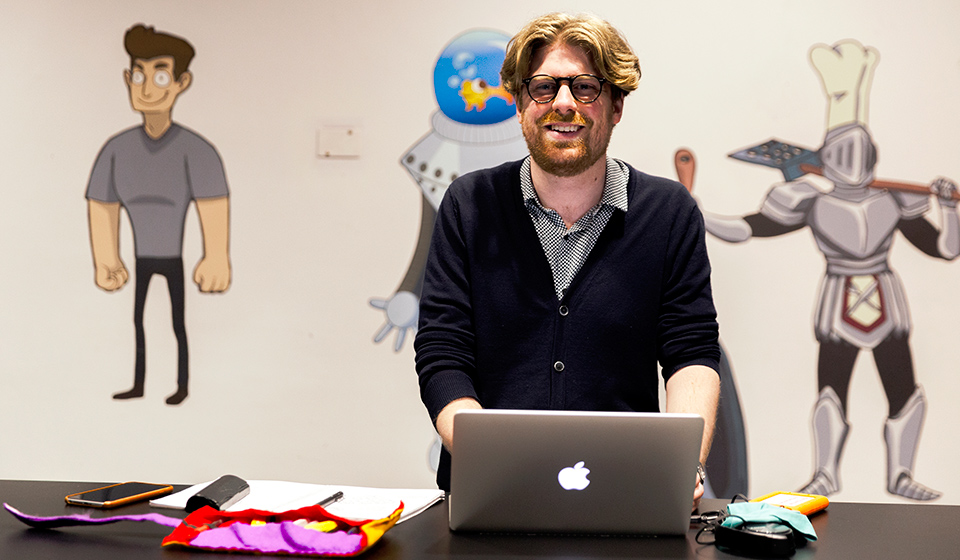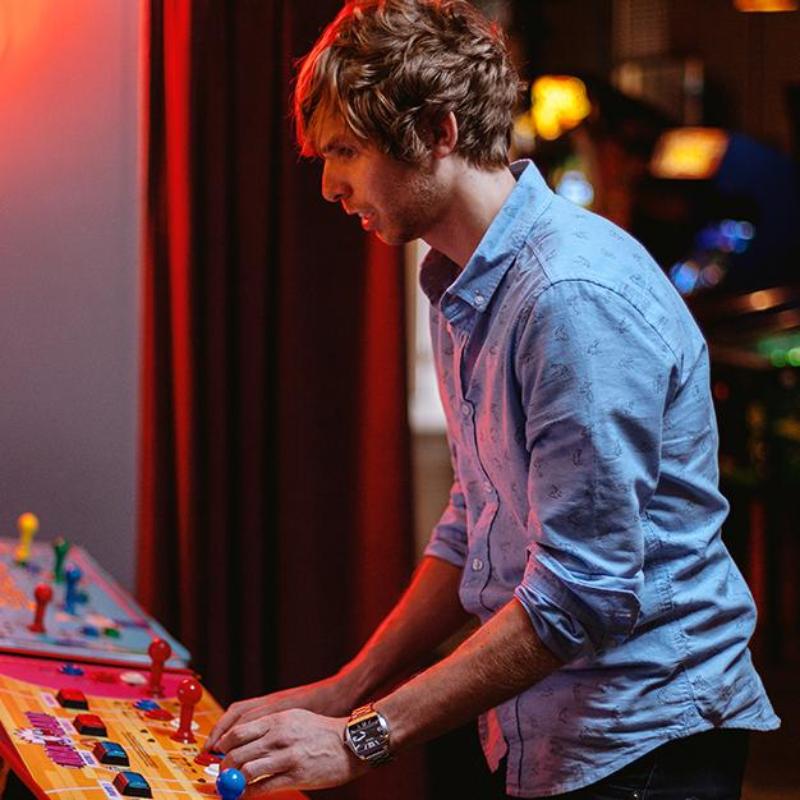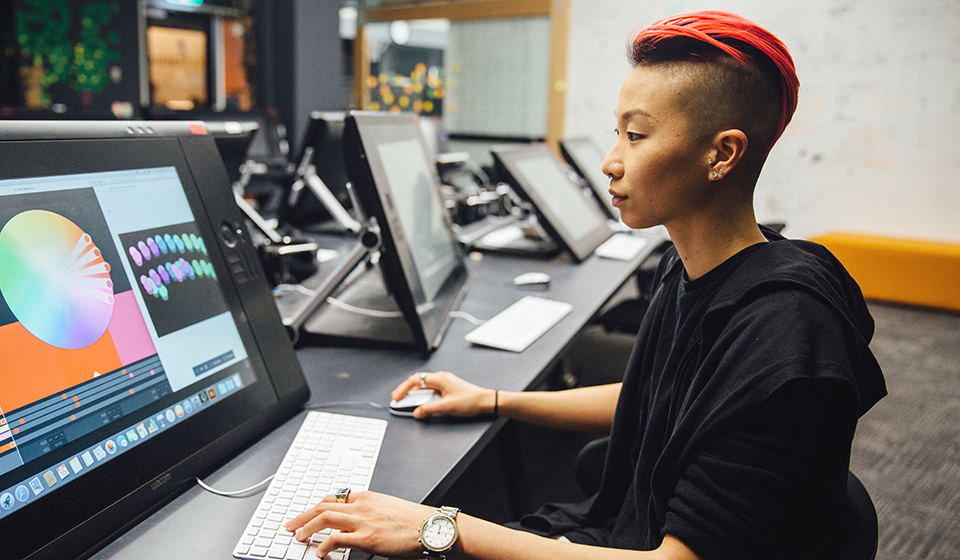Provide a folio comprising up to 20 pieces of your work.
The folio should contain a variety of your personal work in relevant fields of art, design, performance, narrative or media that demonstrates your interests and creative thinking as well as your conceptual, design, technical and communication skills. You are encouraged to show a broad range of works made in different contexts (for example within a course of study, professionally or self-directed).
Examples of work to include in your folio are drawings, paintings, graphic designs, photographs, motion graphics, digital images, models, sculpture, video, interactive media, games, websites, short writing pieces, and/or 2D and 3D animation. Include links to animated or interactive works if you have been practicing and studying in these areas. In addition to your finished work, you may include development work. You may provide a short caption or annotation of each work or groups of work.
If your work is a collaboration, please also detail clearly and precisely your specific role and the role of the collaborator/s (maximum 100 words).








